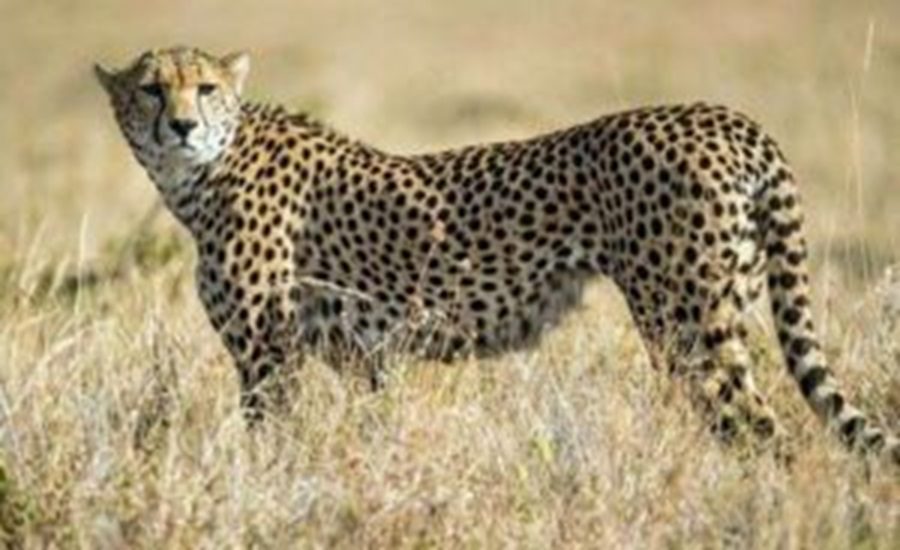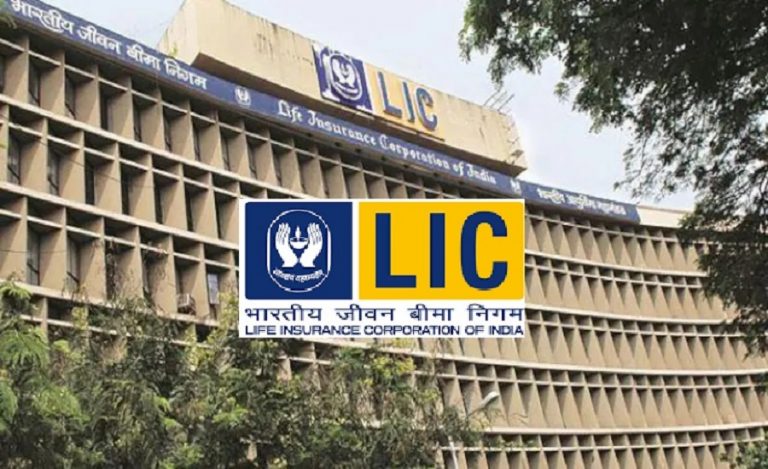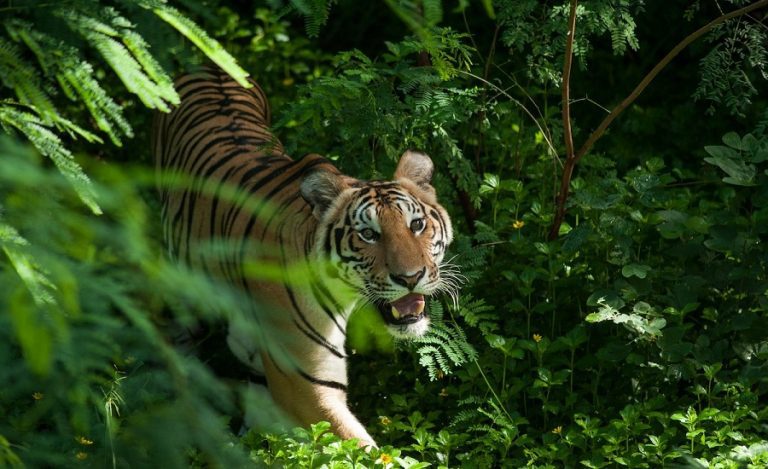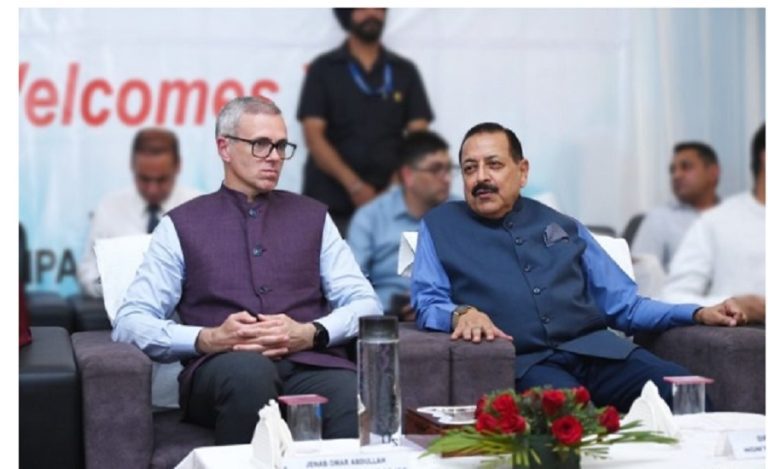Khargone: Madhya Pradesh Chief Minister Dr. Mohan Yadav on Thursday emphasized the historic significance of cheetah reintroduction in the state, calling it a landmark initiative guided by Prime Minister Narendra Modi’s vision. The announcement came during a crocodile release event on the banks of the Narmada River in Khargone, where CM Yadav highlighted Madhya Pradesh’s rich biodiversity and thriving ecosystems.
Crocodile Release at Narmada
Dr. Yadav performed the ceremonial release of crocodiles into the Narmada River, praising the state’s natural habitats that support terrestrial, aquatic, and avian species. “Today, crocodiles were released into the pristine surroundings of Omkareshwar. These reptiles, the natural guardians of the Narmada, thrive in various regions across Madhya Pradesh,” he said.
Cheetah Reintroduction: A Historic Effort
The Chief Minister described the reintroduction of cheetahs, which had disappeared from Asia, as a historic conservation milestone. “Efforts to reintroduce cheetahs have been made worldwide, but Madhya Pradesh has achieved this monumental task under the guidance and vision of Prime Minister Narendra Modi,” he said. The project first relocated cheetahs to Palpur Kuno and later to Gandhi Sagar, with plans underway to introduce more cheetahs from Namibia at the upcoming Nauradehi Wildlife Sanctuary.
Dr. Yadav also shared that four female and two male crocodiles were released into the river, and noted the presence of gharials and crocodiles in the Chambal, Son, Bargi, and other rivers across the state. He emphasized the importance of preserving aquatic ecosystems, stating, “Just as the blessings of Maa Narmada benefit all, may she also bless her natural guardians, the crocodiles, and ensure that this process of ecological balance continues.”
Towards a Sustainable Ecosystem
The Chief Minister congratulated the people of Madhya Pradesh on the successful wildlife conservation efforts and the upcoming State Foundation Day. He reiterated the government’s commitment to environmental preservation and the sustainable management of the state’s rich biodiversity, combining conservation with cultural and spiritual reverence for natural habitats.





























